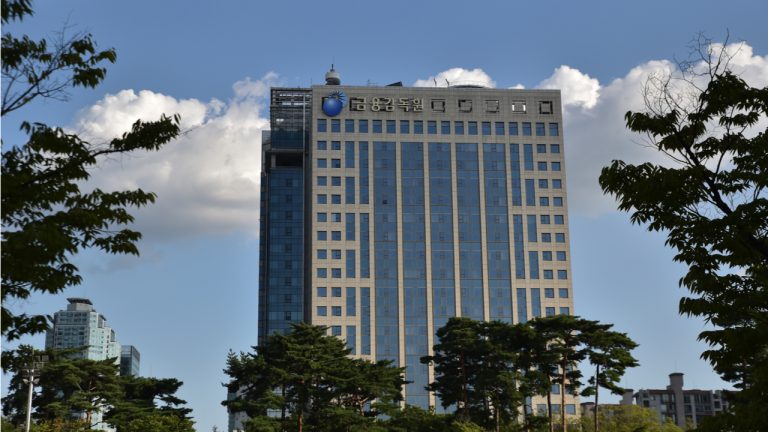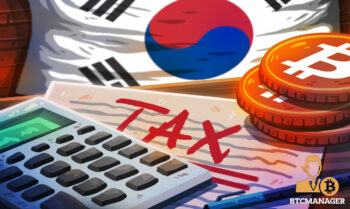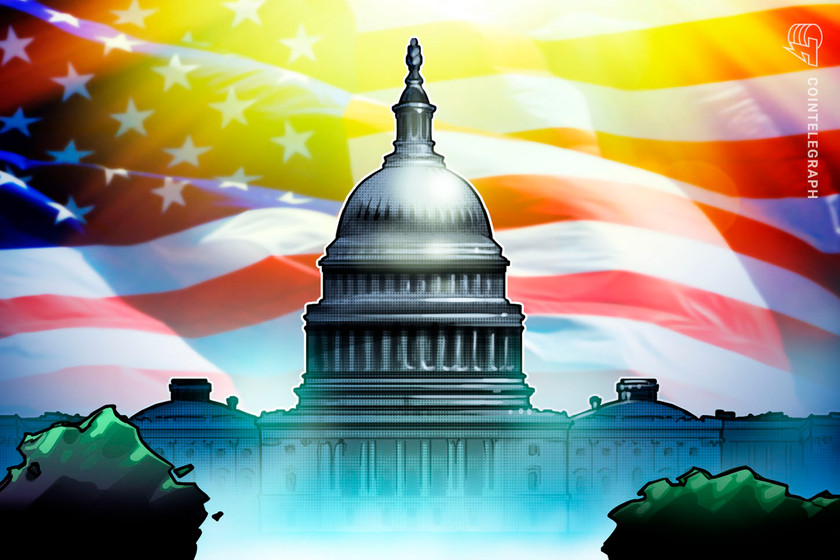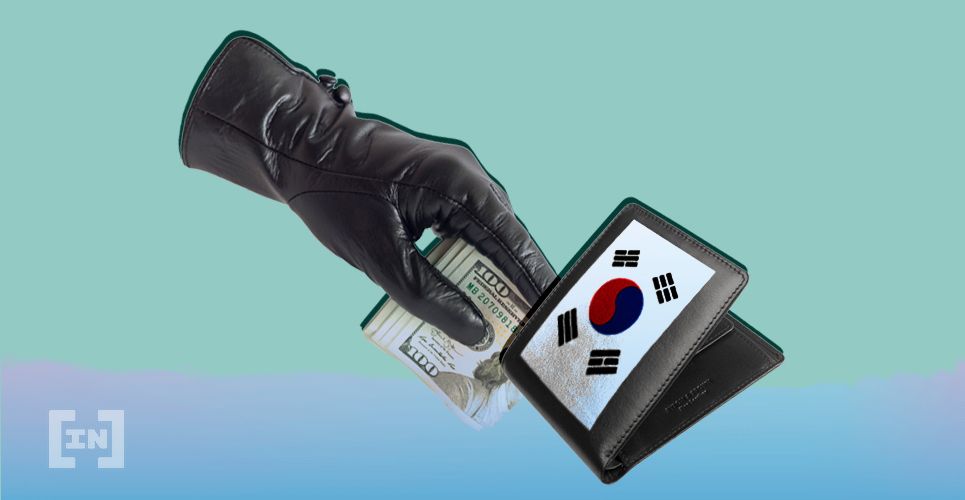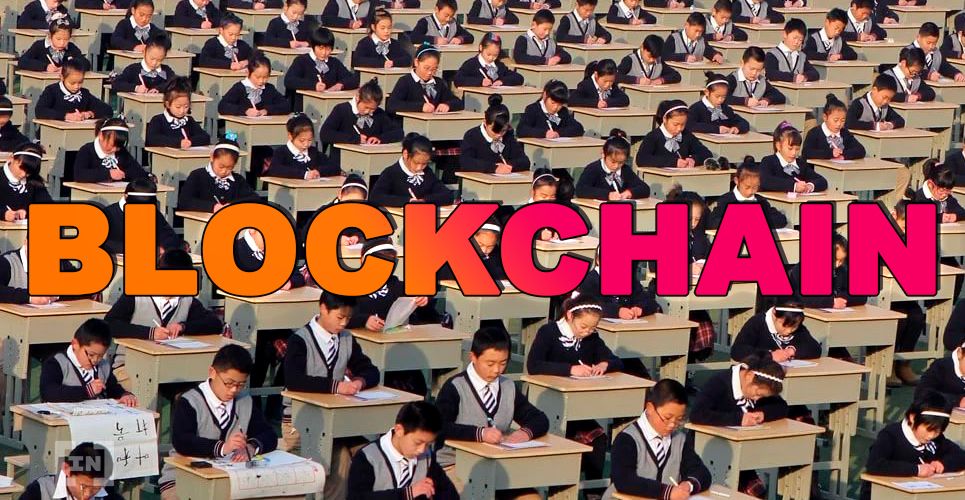2021-9-18 18:06 |
South Korea’s crypto industry is currently in the midst of a significant dispute with the government as the topic of taxation continues to rage on. Following a possible delay in the government’s proposed tax code, a lawmaker has come out to declare that he won’t be backing down.
A Partisan Divide Over Tax ImplementationOn Thursday, Naver News reported that Noh Woong-rae – a member of South Korea’s National Democratic Party – is looking to postpone the country’s crypto taxation bill until 2023. As the report explained, Noh said that the ruling Democratic Party of Korea will not go along with the Ministry of Finance’s plans to tax cryptocurrencies in 2022.
The lawmaker explained that it is challenging to get the data needed for taxation from cryptocurrency exchanges and peer-to-peer (p2p) platforms. Since the ideal infrastructure to support taxation isn’t ready, a deferral of the tax code is the only viable option.
Moves to delay the crypto tax code have been growing strong over the past few months. The proposed code will levy a 20 percent tax on income generated through crypto transactions, provided that the income exceeds 2.5 million won (about $20,000). The bill was set for passage and iomp[lementation on January 1, 2022, but the Democratic Party – which holds a slim majority in the Korean parliament – was reported to be working on a counter bill to postpone it until at least 2023.
The problem with the counter bill is that the Democratic Party only holds a slim majority in Korea’s parliament. So, getting the counter bill to pass will be slightly challenging.
It is even more complex since Finance Minister Hong Nam-Ki remains adamant in his mission to get the crypto tax law to pass in 2022. Hong himself is a part of the minority Peoples’ Power Party, and he has served in the position of Prime Minister before. So, he holds a great deal of political power.
Just yesterday, Hong reportedly asserted his desire to get the tax code passed next year, even rejecting an argument from the ruling party that a 2023 date would be perfect as it would coincide with the country’s capital gains tax on stocks.
September 24 LoomsOn the issue of data collection, South Korea’s government appears to have a solution for that. In July, the government announced that crypto exchanges would need to register with the Financial Services Commission (FSC) before September 24 or face punishment. The new regulations will affect both South Korea-based exchanges and those that operate in foreign markets.
The release added that these rules also apply to exchanges that support the Korean language or whose marketing is geared towards the country’s citizens. Defaulting exchanges could face a fine of about $43,000, while their principal officers could spend up to five years in prison.
If exchanges do register with the government, they could gather information and develop a proper structure for taxation. Whether that taxation will come in 2022 or 2023 is yet to be seen.
The post Cryptocurrency Tax Dispute in South Korea Reaches Boiling Point first appeared on BitcoinExchangeGuide. origin »Bitcoin price in Telegram @btc_price_every_hour
South African Rand (ZAR) íà Currencies.ru
|
|




